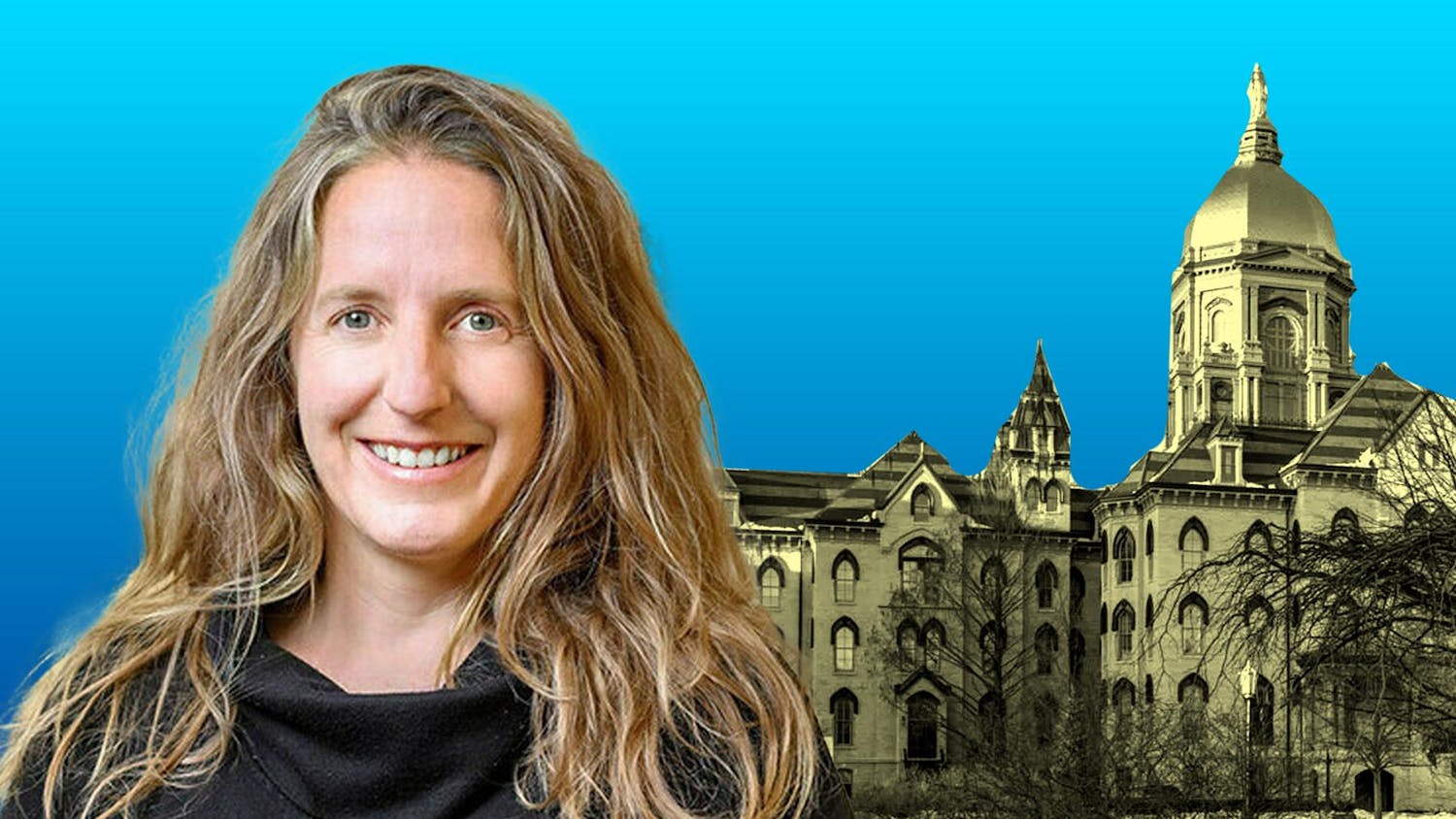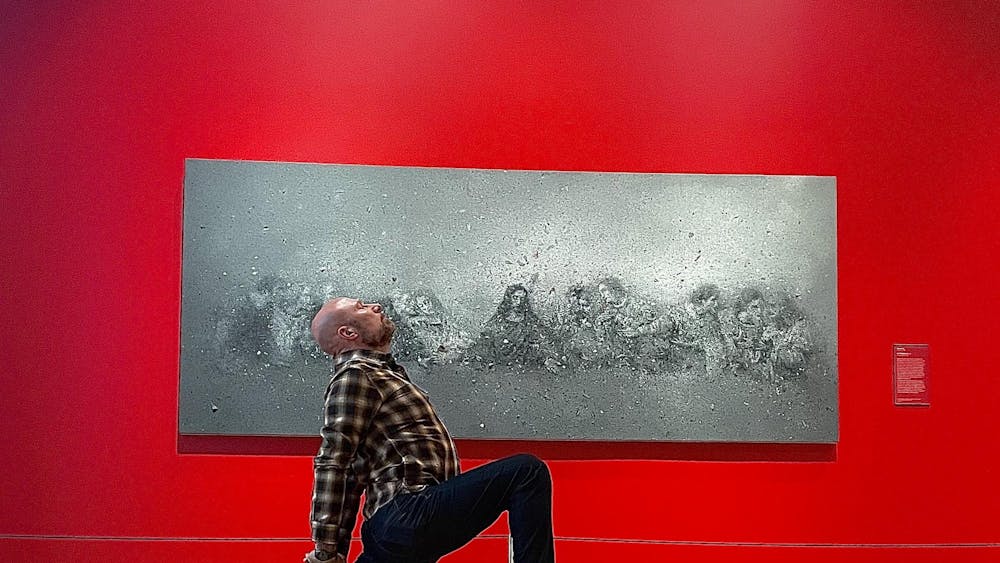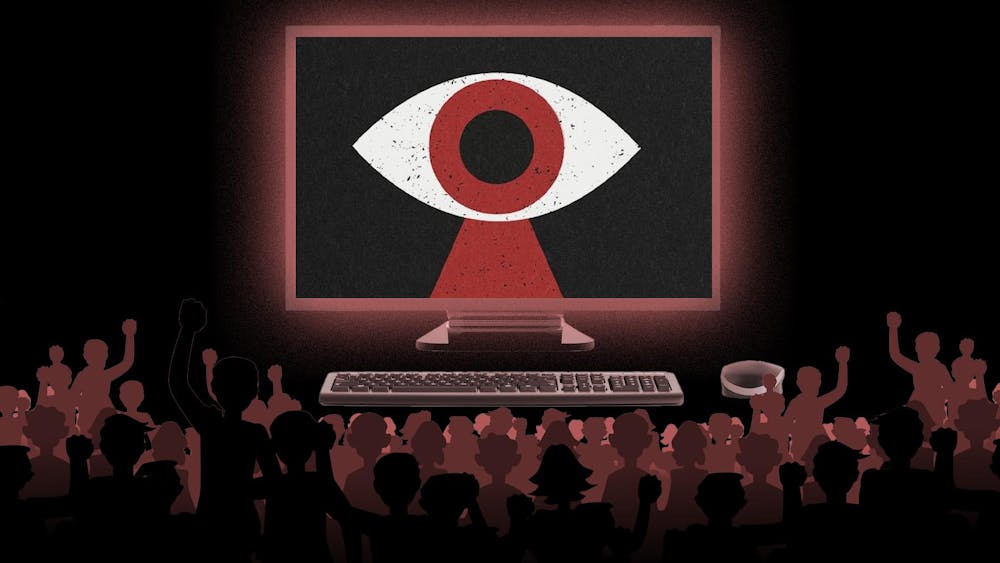The late Rep. John Lewis began his lifelong vocation as a civil rights activist when he was a student at American Baptist College. He was one of the original Freedom Riders and desegregated his first bus in Nashville at age 20. He risked his life again and again nonviolently protesting. Today, youth have carried on Lewis’ legacy as key leaders in the Black Lives Matter movement.
In the wake of the police killing of George Floyd, Notre Dame students mobilized across the country to participate in protests, student-athletes spoke up at a Juneteenth rally and the Black Alumni Club and several black student groups petitioned the University to commit to real action to end racial injustice on campus. August 12 is International Youth Day –– a day to celebrate young changemakers, like Notre Dame students, and recognize youth’s importance
Notre Dame students often hear from parents, professors, administrators and
Youth are more important than ever. The global youth population has reached more than 1.85 billion, its highest ever. In the United States, more than 50% of the population is Gen Z and younger.
Today, according to the United Nations, 1 in 4 young people live on the front lines of conflict. Many of the world’s most conflict-affected countries have majority-youth populations, yet young people are left out of peace and security conversations.
A report by the nonprofit Peace Direct found that while youth are often stereotyped as either perpetrators of violence or helpless victims of it, young people across the world are leaders rebuilding their communities and charting a more peaceful path forward.
In Syria, for example, youth are helping save lives on the front lines of conflict and in their COVID-19 response. Hurras, a peacebuilding organization established in 2012 to protect children from conflict, created a Youth Committee in a town near the Turkish border where recent violence has displaced millions of people. These young peacebuilders designed a magazine to educate people on coronavirus prevention and distributed over 400 personal protection equipment kits to displaced families.
From Notre Dame to northeast Syria, young peacebuilders are doing life-saving work across the world. Yet, these organizations lack the support, funding and access to decision-makers to scale their impact. We can take action to change this.
In March, a group of bipartisan legislators in the U.S. House of Representatives introduced the Youth, Peace and Security Act of 2020 (H.R. 6174). The bill will strengthen U.S. foreign policy by harnessing the potential of youth peacebuilders. By including young people in peace and security processes in their own countries, the bill will work toward creating sustainable peace.
On International Youth Day, Notre Dame students can advocate for their peers across the world by urging hometown representatives as well as Sen. Mike Braun, Sen. Todd Young and Rep. Jacqueline Walorski t
It is time we stop waiting to see what young people will do in the future. The Youth, Peace and Security Act of 2020 seeks to empower youth as active agents for sustainable peace and security now. As we face the crises of the pandemic, racism and global conflict, youth are essential for a path forward.
In his last personal essay, Lewis issued a call to action for youth: “When historians pick up their pens to write the story of the 21st century, let them say that it was your generation who laid down the heavy burden of hate at last and that peace finally triumphed over violence, aggression and war.”
Fabiola Shipley
class of 2020
Aug. 11
The views expressed in this column are those of the author and not necessarily those of The Observer.









